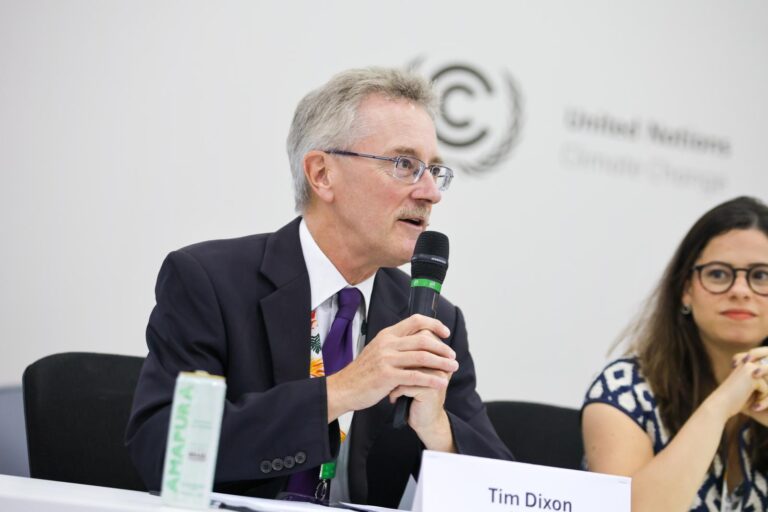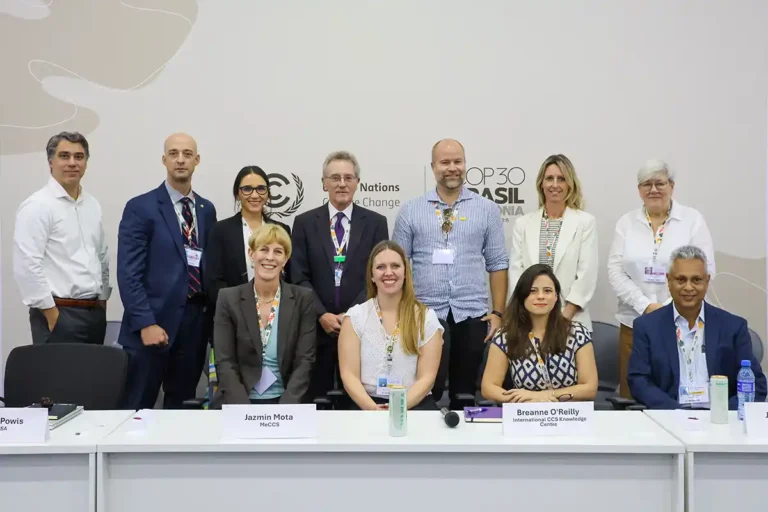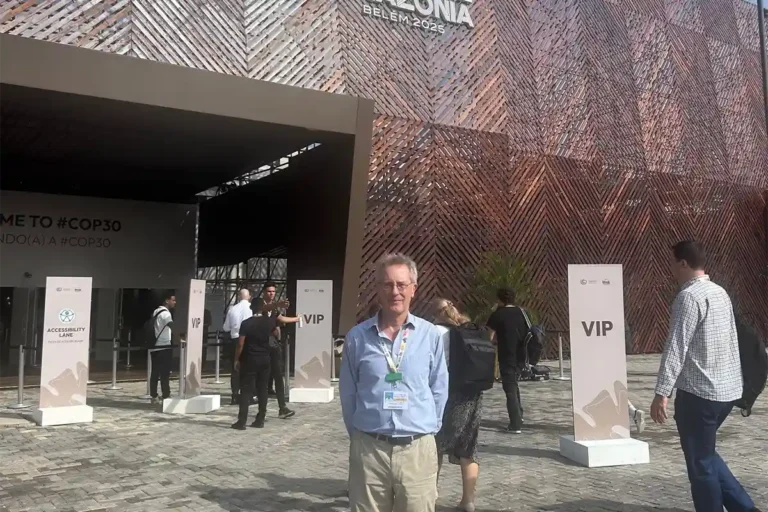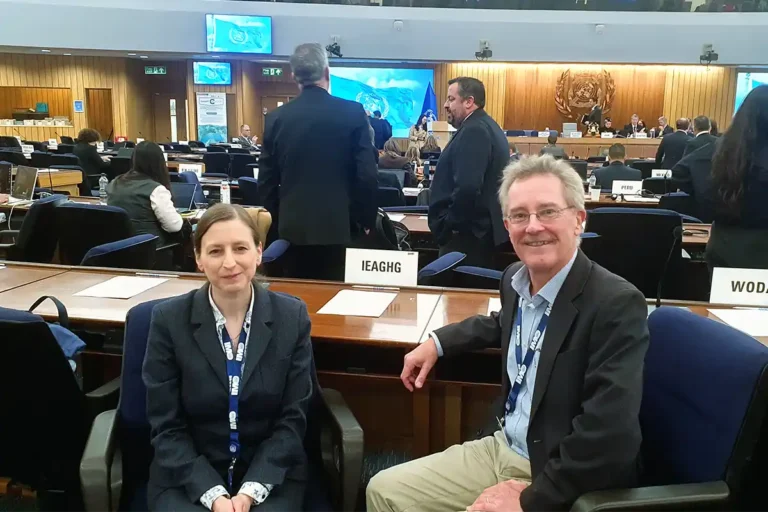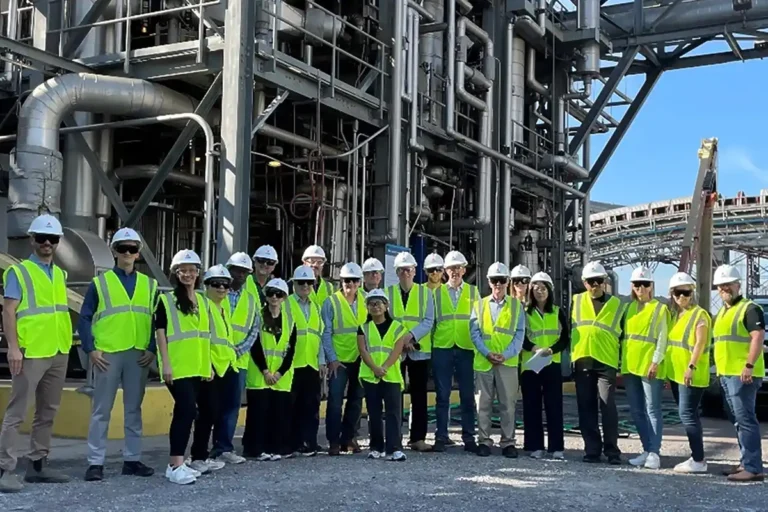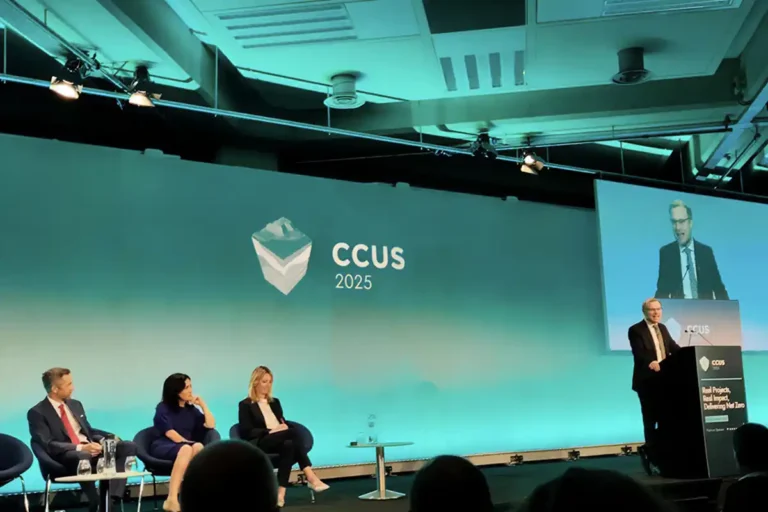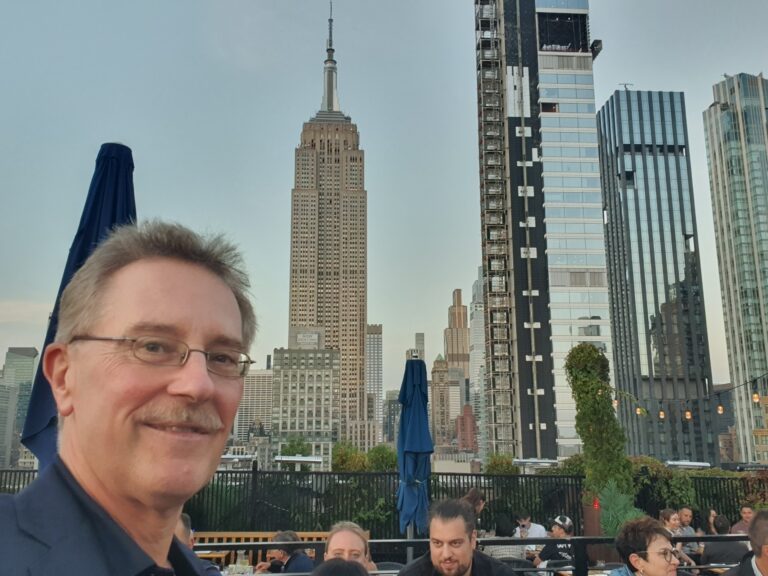
Global CCS Institute’s Europe Forum on CCS
19 June 2023

The Global Institute held its 2023 Europe Forum in Brussels on the 15th of June. This provided a good opportunity to be updated on policy developments relating to Europe. Jarad Daniels, the CEO of the Institute, opened with a global update on CCS metrics. In terms of projects, they now count 37 large-scale operational projects, with another 20 in construction, and some 200 in development stages. Of the operational ones, 13 are straight storage, ie not EOR and 70% of those in development are straight storage.
A panel considered European policy and regulatory developments. We heard from Denmark, The Netherlands, the UK, and ArcelorMittal. An issue is that because of Brexit, the UK storage space is not available to EU sources of CO₂ because the Emissions Trading Scheme does not currently recognise storage outside of the EEA. As I have mentioned in a recent blog, Denmark was the first country with a bilateral export agreement with Belgium (for the Greensand project). We heard that the Netherlands and Belgium will also soon have a bilateral agreement.
An interesting update on European Commission developments was provided by Kurt Vandenberghe, Director General of DG Climate Action, in particular on the Innovation Fund supporting large-scale CCS demonstrations, the concerns around storage capacity becoming a bottleneck for the EU, and the forthcoming EU strategy on CCS.
Niall McDowell provided an interesting overview and comparison of CDR techniques. This included very interesting Sankey diagrams to show GHG emission flows in the life cycle of several CDR methods, including trees. This showed that trees and BECCS are more efficient in CO₂ removals compared to biochar, and noting the accounting complications and issues caused by the impermanence of trees and biochar.
There was also a presentation from Carl Greenfield of the IEA on CCS in the IEA’s energy and climate systems analyses, and a panel discussion on financing, which included the Bank of America.
There were four breakout groups, on CDR frameworks, on comparisons between the EU and USA, on public perception, and on COP28. I was invited to facilitate and report on the COP28 group, which benefited from a very up-to-date update from the Institute’s Noora Al-Amer who had travelled from the UNFCCC SB58 meeting in Bonn just that morning. We heard updates on the very recent developments with the Global Dialogue on Mitigation (see my blog of 5 June), the Global Stocktake, Article 6, and the theme of a Just Energy Transition.
The group discussion suggested that topics to be highlighted at COP28 could include storage safety, an international market for CCS, NDCs and country choices, risks of not doing CCS, energy security linkages and the role of CCS in a Just Energy Transition. It also recommended more coordination on CCS events at COPs and suggested a round table on CCS be organised by the COP Presidency UAE.
The audience appreciated the breakout structure. A recording of the event will be made available by the Institute, see 2023 Europe Forum on Carbon Capture & Storage – Global CCS Institute. Many thanks to the Institute for an interesting event, and as an in-person event, the networking was good and many productive meetings were held in the margins.
Other articles you might be interested in
Get the latest CCS news and insights
Get essential news and updates from the CCS sector and the IEAGHG by email.
Can’t find what you are looking for?
Whatever you would like to know, our dedicated team of experts is here to help you. Just drop us an email and we will get back to you as soon as we can.
Contact Us NowOther articles you might be interested in
Get the latest CCS news and insights
Get essential news and updates from the CCS sector and the IEAGHG by email.
Can't find what you are looking for?
Whatever you would like to know, our dedicated team of experts is here to help you. Just drop us an email and we will get back to you as soon as we can.
Contact Us Now

